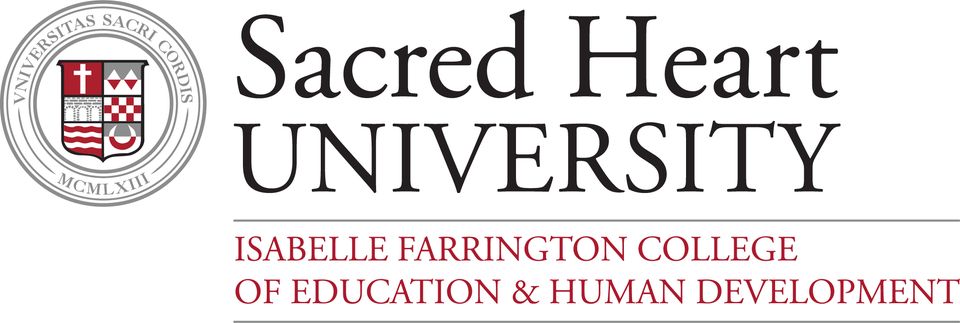The Discursive Turn in School Desegregation: National Patterns and a Case Analysis of Cleveland, 1973-1998
Document Type
Article
Publication Date
Spring 2011
Abstract
This study addresses changes in the public conversation on school desegregation since the early 1970s. It applies the concept of discursive opportunity structure to the debates on desegregation in order to illustrate how a dynamic and balanced conversation, which involved both positive and negative views on the policy, has evolved into an anemic and overly negative one. The study relies on insights from social movement research on political opportunity structures for debates on contentious issues and on interpretive framing processes. Several inferences are offered on the nature of the discursive turn in desegregation at the national level, followed by a detailed analysis of desegregation and resegregation in Cleveland from 1973 to 1998. This involves the systematic examination of local newspaper coverage and also draws on court documents, administrative student records, and census information. The findings suggest that political and social structural factors that have restricted the chances for a balanced conversation have also complicated desegregation implementation and may have undermined the policy's intended student benefits. By the 1990s even the most dedicated advocates had withdrawn from the debate, allowing the conversation to atrophy and become dominated by critical views. As a result, public education has risked failing to address the ill effects of resegregation and to produce reforms that foster quality schools for all.
DOI
10.1215/01455532-2010-017
Recommended Citation
Saatcioglu, Argun, and Jim Carl. "The Discursive Turn In School Desegregation." Social Science History 35.1 (2011): 59-108.






Comments